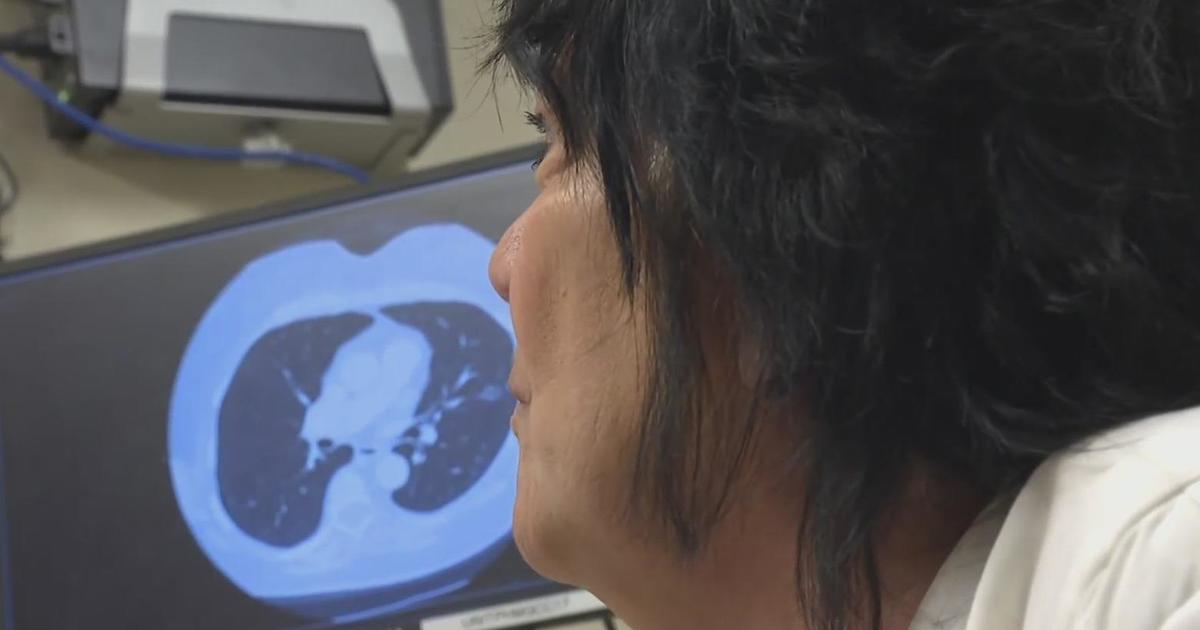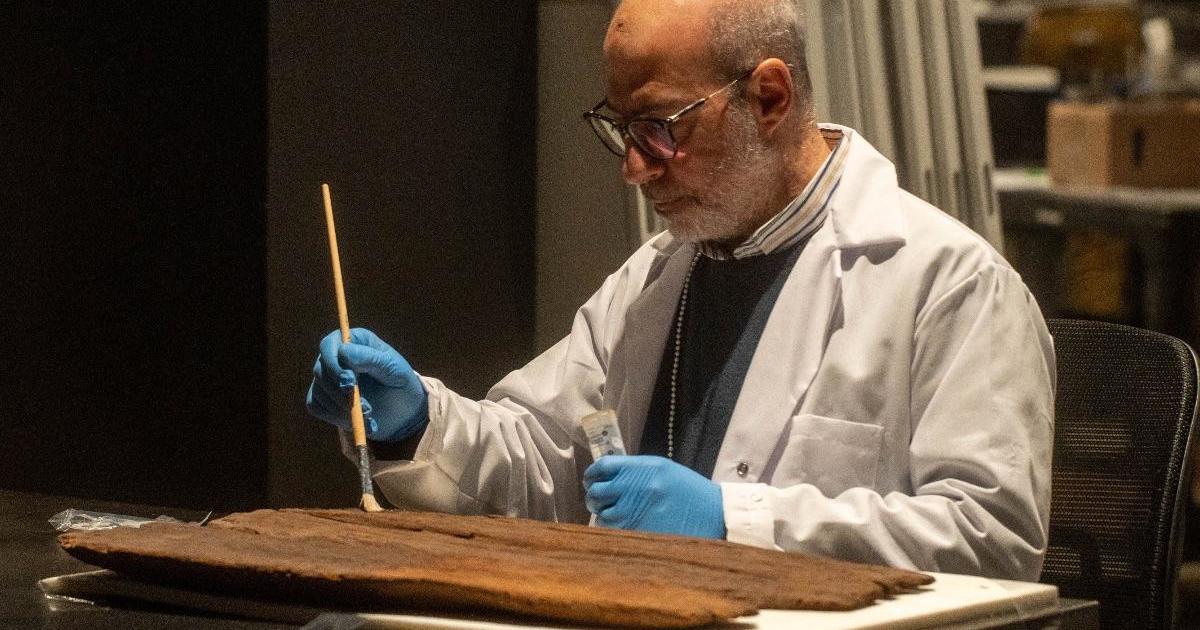New Medication Showing Promise For New Moms Suffering From Postpartum Depression
Follow KDKA-TV: Facebook | Twitter
PITTSBURGH (KDKA) -- Stephanie and Adam Hathaway had just moved to China when they became parents for the first time.
Shortly after daughter Hadley was born, Stephanie started sliding into depression.
"I had intrusive thoughts," she said. "Your husband deserves a better wife. Your children deserve a better mom."
Symptoms of postpartum depression can include: sadness, anxiety, irritability, loss of appetite, self-harm and loss of interest in the new baby.
After three months on anti-depressants, Stephanie was feeling more like her old self. She and Adam relocated to be near his family in Connecticut and moved forward with their plans for a larger family.
She became pregnant with daughter Brenley.
After giving birth, she noticed the same symptoms.
"The crying was immediate. It was darker than the first time," Stephanie said.
This time, antidepressants didn't help, so Stephanie signed up for a clinical trial of a new kind of medicine.
Zulresso targets specific brain receptors to re-balance the hormones that spike during pregnancy and plummet after birth. Dr. Samantha Meltzer-Brody, chief of perinatal psychiatry at the University of North Carolina School of Medicine, led the trials and says fast-acting relief is vital.
"The currently available treatments are not going to work for generally a month or more. That's really hard to look at someone and say, 'I know you're suffering tremendously and we're going to start treatment and maybe a month from now you'll feel better,'" Dr. Meltzer-Brody said.
The new medicine is a one-time intravenous treatment that requires a three-night hospital stay.
In clinical trials of more than 200 women, 70 percent had improvements in mood, appetite, sleep and functioning.
Stephanie felt better on her very first day.
"Between hours 12 and 18, I noticed a huge difference. Those intrusive thoughts I told you about were gone and they never came back," she said.
Women in the clinical trials were followed for 30 days, with most finding relief. Side effects may include: sleepiness, dizziness and headache.
It's expected to cost between $20,000 and $35,000.



